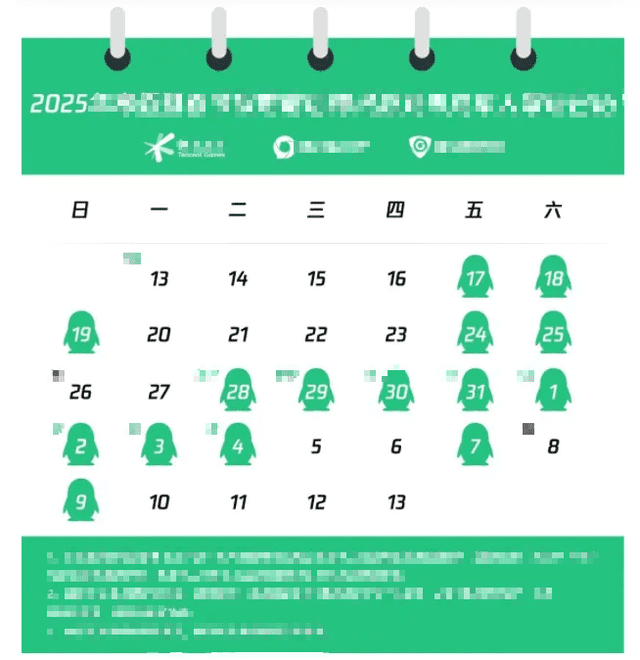New Regulations on Video Game Usage in China: Students Restricted from Gaming for a Month
Recently, students in China have begun their winter break, and this has raised concerns among many parents in the country. The extended time off has led to worries that children might spend more time gaming, detracting from their studies, mental focus, and emotional well-being.

In response to these concerns, the two largest gaming companies in China, Tencent Holdings and NetEase, have announced new regulatory measures. According to these regulations, students will be prohibited from playing games for more than 15 hours over the upcoming 32 days (not exceeding 30 minutes per day). Any form of access to games will be restricted, including the use of rented accounts.

To ensure the enforcement of this regulation, Tencent has upgraded its facial recognition technology and added a new “at-risk account” system. This system targets accounts suspected of being rented to address violations. Users classified under “at-risk accounts” must complete identity verification within 3 minutes; otherwise, their accounts will be immediately suspended.
Are the New Regulations Too Strict for Young Gamers in China?
In fact, the measures taken against young gamers are not unprecedented. Previously, Tencent had already implemented a monitoring system to ensure the physical and mental well-being of young players, while also preventing excessive online gaming that negatively impacts academic performance and development.
However, despite these efforts, many parents still feel uneasy. There are concerns that children might find ways to “circumvent” the rules by using adults’ accounts or accessing unregulated platforms.




















